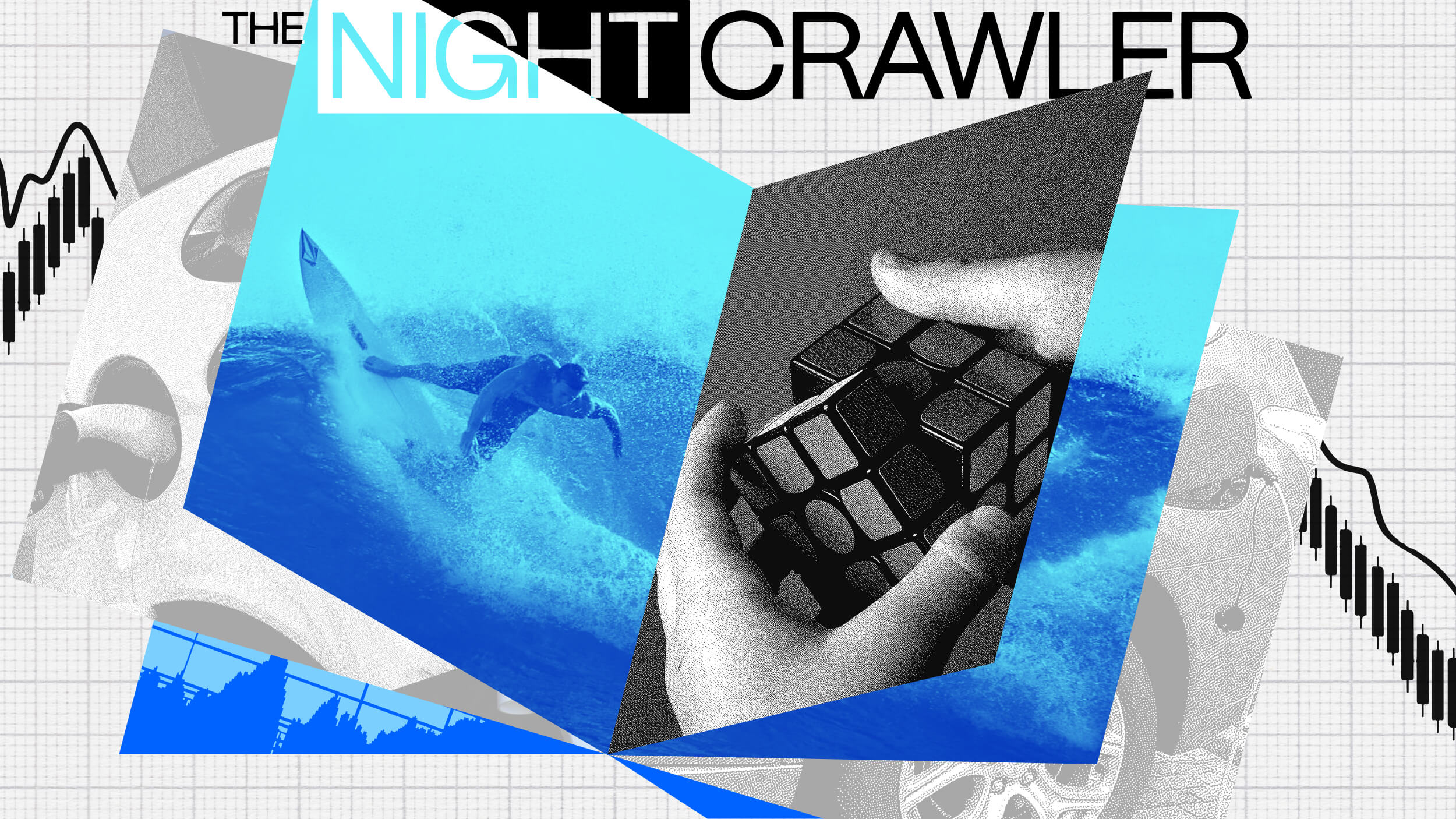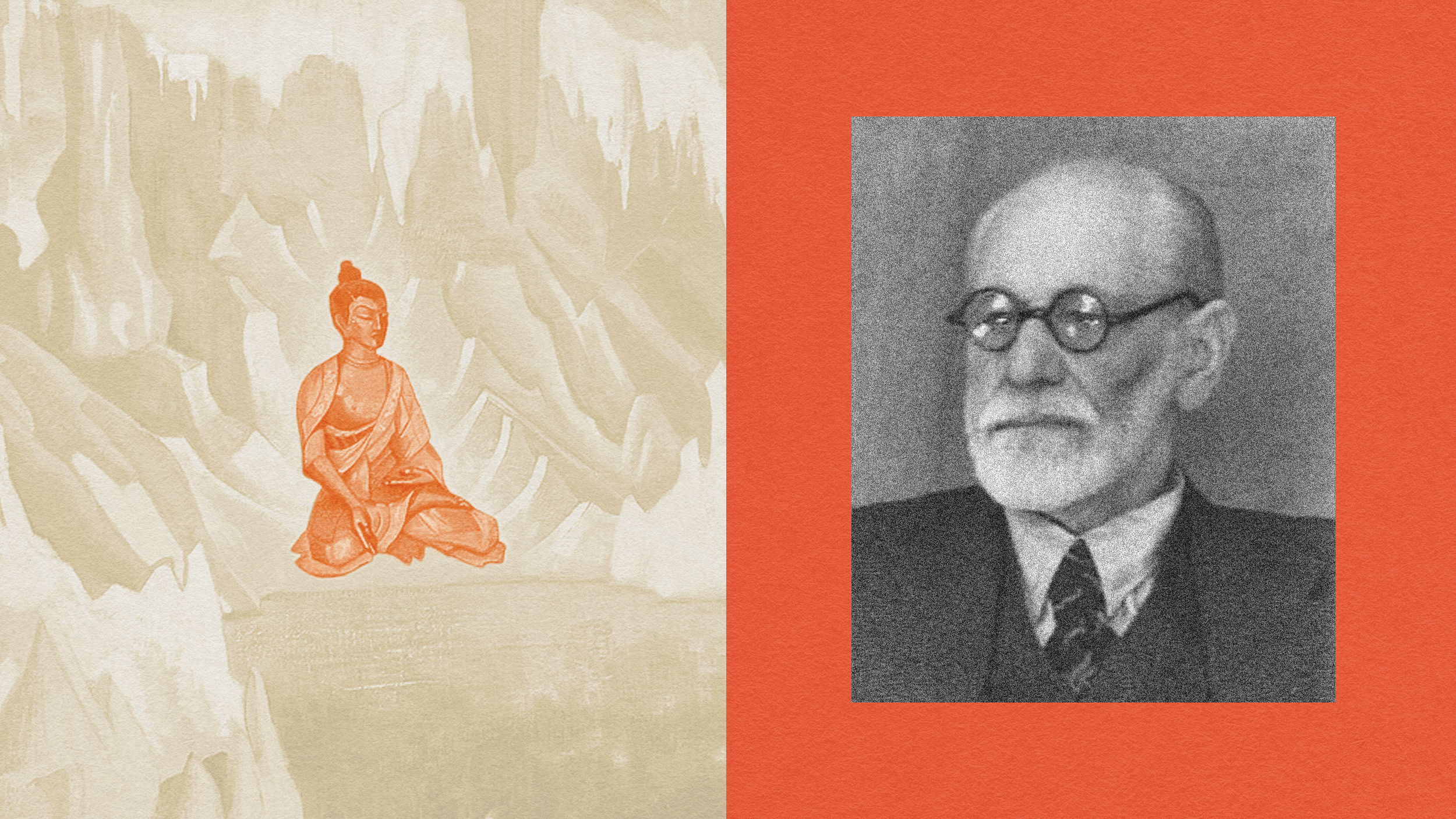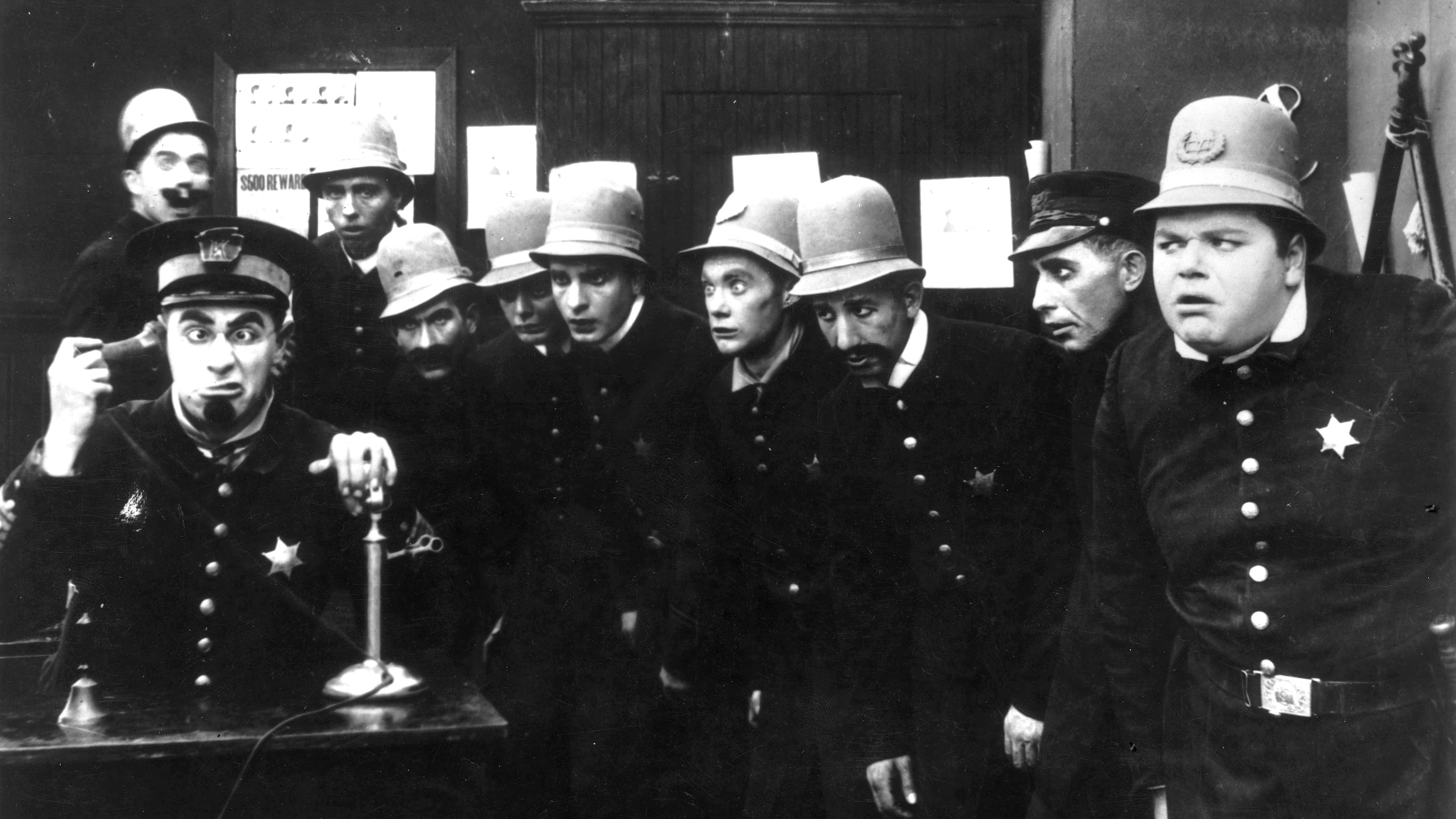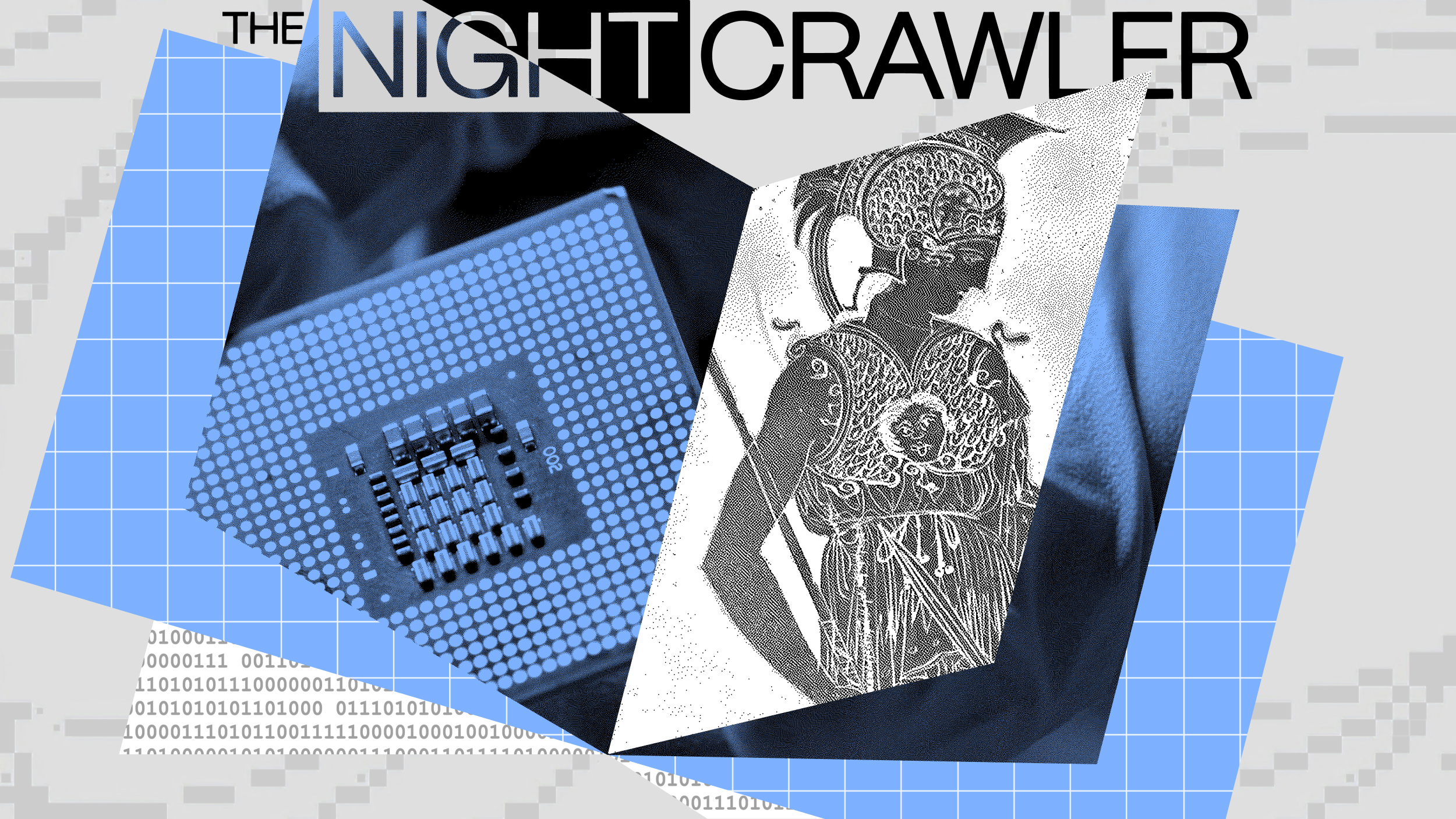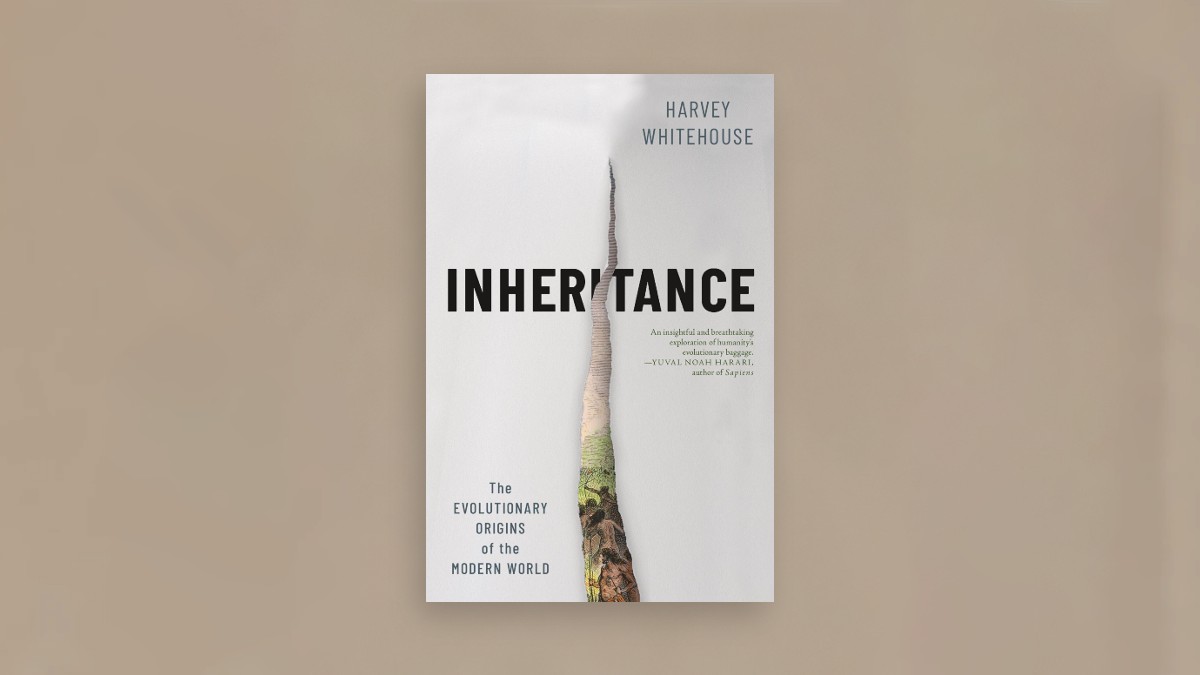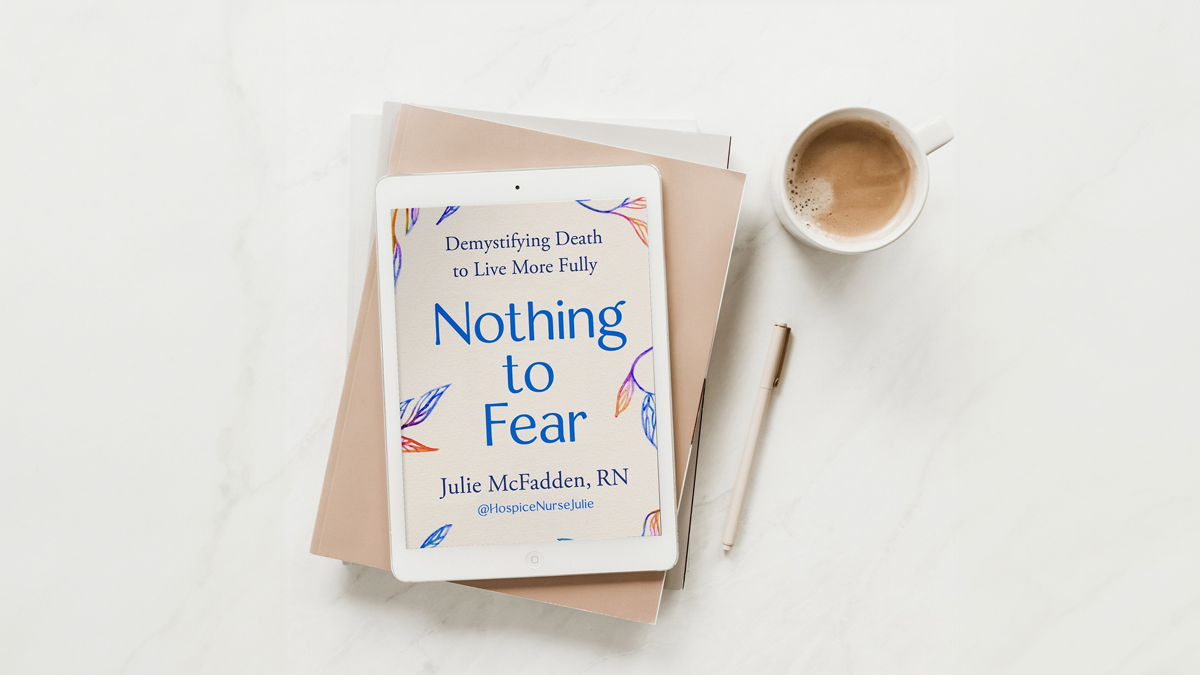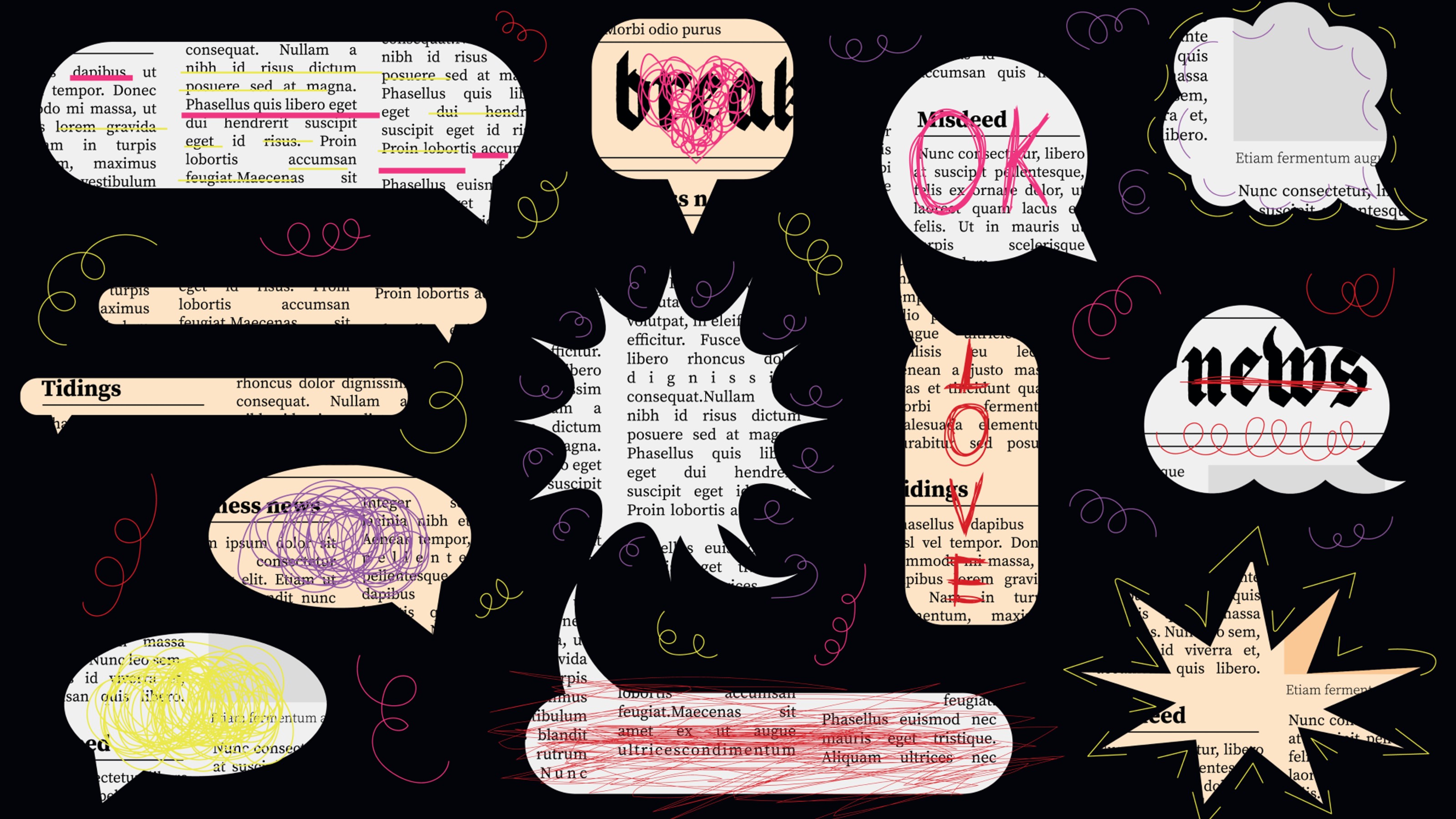psychology
Welcome to The Nightcrawler — a weekly newsletter from Eric Markowitz covering tech, innovation, and long-term thinking.
Stanford psychologist Jamil Zaki discusses the dangers of cynicism and how skepticism can invigorate our relationships and communities.
Meet the scientist mixing mentalism with principles from positive psychology and the science of human potential.
How Daniel Kahneman and Amos Tversky cracked open behavioral economics and enlightened all our choices.
Desire is like a drug. But is an addict always an addict?
Why would someone who has spent their entire career following orders become a great leader overnight?
In a major shift, psychologists now view an out-of-control compulsion to work as an addiction with its own set of risk factors and consequences.
Thinking of a number between one and ten? Here’s how predictable human responses create the illusion of telepathy.
Welcome to The Nightcrawler — a weekly newsletter from Eric Markowitz covering tech, innovation, and long-term thinking.
Some news is slow, some news is fast — and there are two simple techniques to help you filter both.
Religion is a product of, and not a source of, our evolutionary moral dispositions.
Hospice nurse Julie McFadden shares three examples where people hold off death, just for a bit.
How do you cope when joining a team shatters your confidence? Albert Camus and Harry Stack Sullivan can help.
Unraveling the subtle mechanics of luck can help us better steer the wheel of fortune.
Meg LeFauve and Dave Holstein drew inspiration from psychologists as well as their own children, becoming more understanding parents in the process.
Why dispelling the notion that it’s all about getting the correct answer is so powerful.
“I know what you’re thinking” can sound kind or creepy — depending on who’s saying it.
Four startup founders explain how to derive lessons from the past while still looking ahead to what’s possible.
Why the best entrepreneurs should be more Obi-Wan Kenobi than Luke Skywalker.
Josh Kaufman — best-selling author of entrepreneurial classic “The Personal MBA” — explores an essential truth about all decision-making.
Everyone has to learn about sex somehow. Today, billions of people are learning about it from porn.
There’s a fine line between ambition and ruthlessness.
We must get happiness right — even when the world around us gets it wrong.
How to make sure our formative tendencies don’t derail us from being the great leaders we are trying to become.
In “Not Born Yesterday,” author and cognitive scientist Hugo Mercier makes the case that misinformation is overrated — and other human foibles are underrated.
“The movement is much bigger than Sam Bankman-Fried, or any one person, no matter how wealthy,” philosopher Peter Singer told Big Think.
Executive coach Jodi Wellman explains how to “make it to the end with no regrets.”
Big Think Business columnist Eric Markowitz prefaces his new series on long-term thinking with the experience that almost cut his life short.
Our desire for recognition at work can lead to perilous ends.
For most of human history, babies probably picked up language by overhearing.
